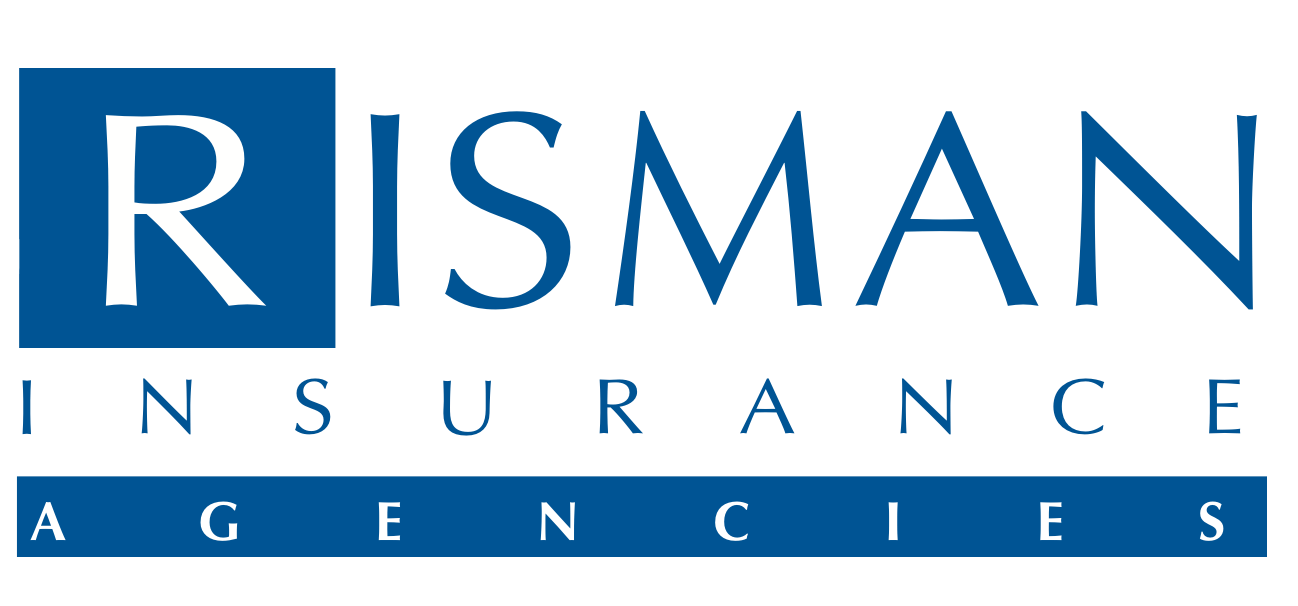Paying off an auto loan or mortgage is a significant milestone worth celebrating. It marks the culmination of years of financial planning, discipline, and dedication. However, amidst the joy and relief of becoming debt-free, it’s crucial to remember an essential step: informing your insurance agent about this change. Here’s why keeping your insurance agent in the loop is vital when you pay off your auto loan or mortgage or if your bank changes.
1. Updating Your Policy
When you initially purchased your auto or homeowners insurance, your lender was listed as a loss payee or mortgagee. This means that in the event of a loss, the insurance payout would go to the lender to cover the outstanding loan balance. Once the loan is paid off, the lender should no longer be listed on your policy. Not updating this information could lead to complications if you need to file a claim. By informing your insurance agent, you ensure that your policy accurately reflects your current situation, preventing any unnecessary delays or issues with claim settlements.
2. Adjusting Coverage Needs
Paying off a loan can change your financial situation and might affect your insurance needs. For instance, you might want to reassess your coverage levels. With the auto loan paid off, you might consider adjusting your comprehensive or collision coverage. Similarly, with your mortgage cleared, you might review your homeowners insurance to ensure it still aligns with your financial goals and protection needs. Your insurance agent can help you navigate these adjustments, ensuring you have the right coverage for your new circumstances.
3. Potential Savings
Having an outstanding loan can be a factor in determining your insurance premiums. Lenders often require specific coverage levels, which can affect your rates. Once your loan is paid off, you may no longer need to meet these requirements. By informing your insurance agent, you might qualify for different rates, potentially leading to savings on your premiums. Additionally, reviewing your policy with your agent might uncover other discounts or cost-saving opportunities that you can take advantage of.
4. Avoiding Lender Requirements
Lenders often have specific insurance requirements, such as maintaining a certain level of coverage. Once your loan is paid off, you are no longer bound by these requirements. Informing your insurance agent allows you to tailor your coverage based on your needs rather than the lender’s stipulations. This flexibility can lead to a more customized and cost-effective insurance policy.
5. Maintaining Accurate Records
Having accurate and up-to-date records with your insurance company is crucial. It ensures that all communications, policy renewals, and claims are handled correctly. By informing your agent about changes in your loan status or banking details, you help maintain the integrity of your insurance records. This proactive approach can prevent potential misunderstandings and ensure a smooth relationship with your insurer.
6. Enhancing Financial Security
Your insurance is a cornerstone of your financial security. Keeping your agent informed about significant financial changes, such as paying off a loan, allows them to provide the best advice and service. Your agent can help you explore options to protect your assets, enhance your coverage, and ensure that you are well-prepared for any unforeseen events.
At Risman Insurance Agencies, we pride ourselves on providing personalized and comprehensive insurance solutions. If you have recently paid off your auto loan or mortgage or if your bank has changed, reach out to us. We’re here to assist you in keeping your insurance coverage aligned with your life changes.
Contact us today and let’s ensure you’re fully protected!

Recent Comments